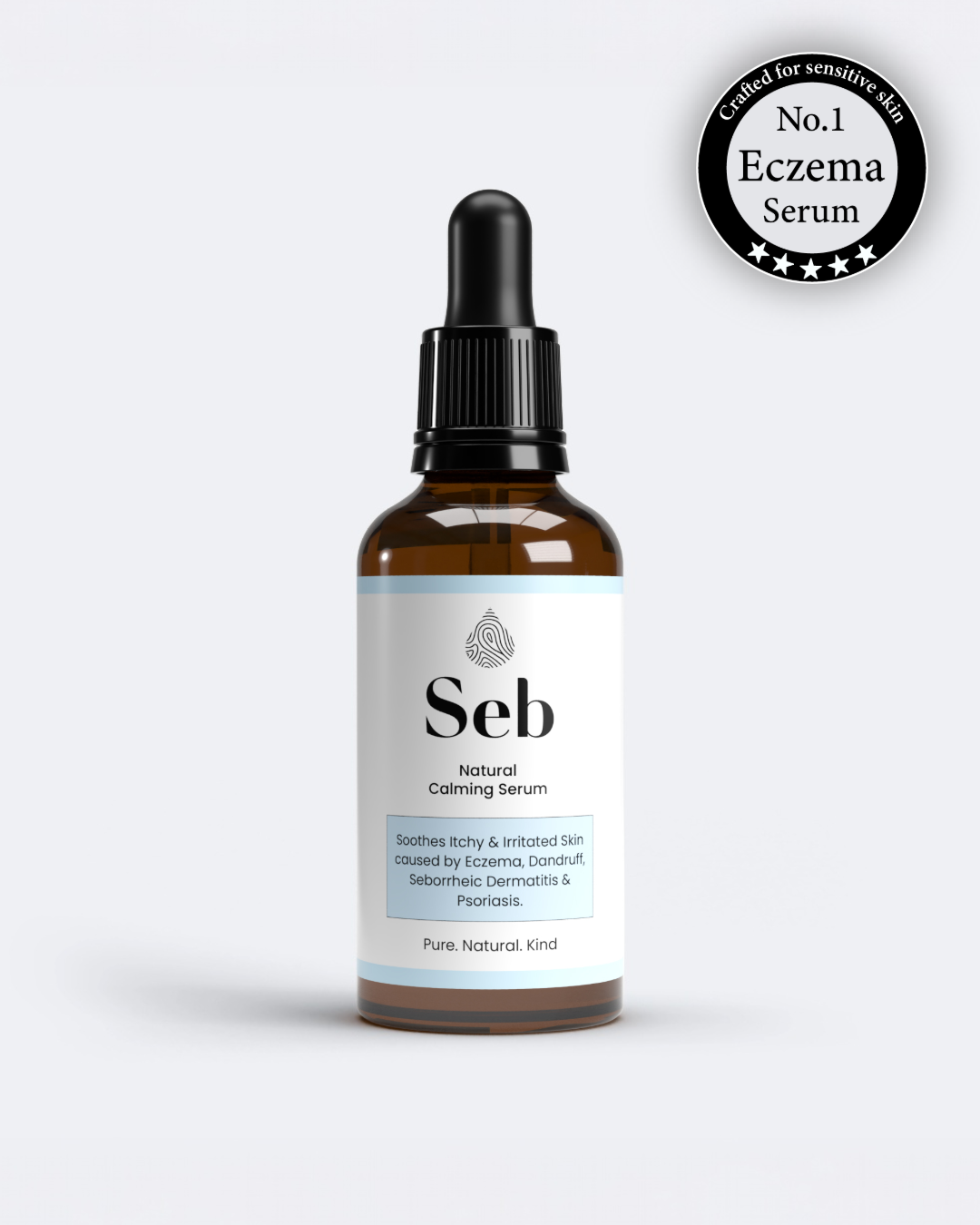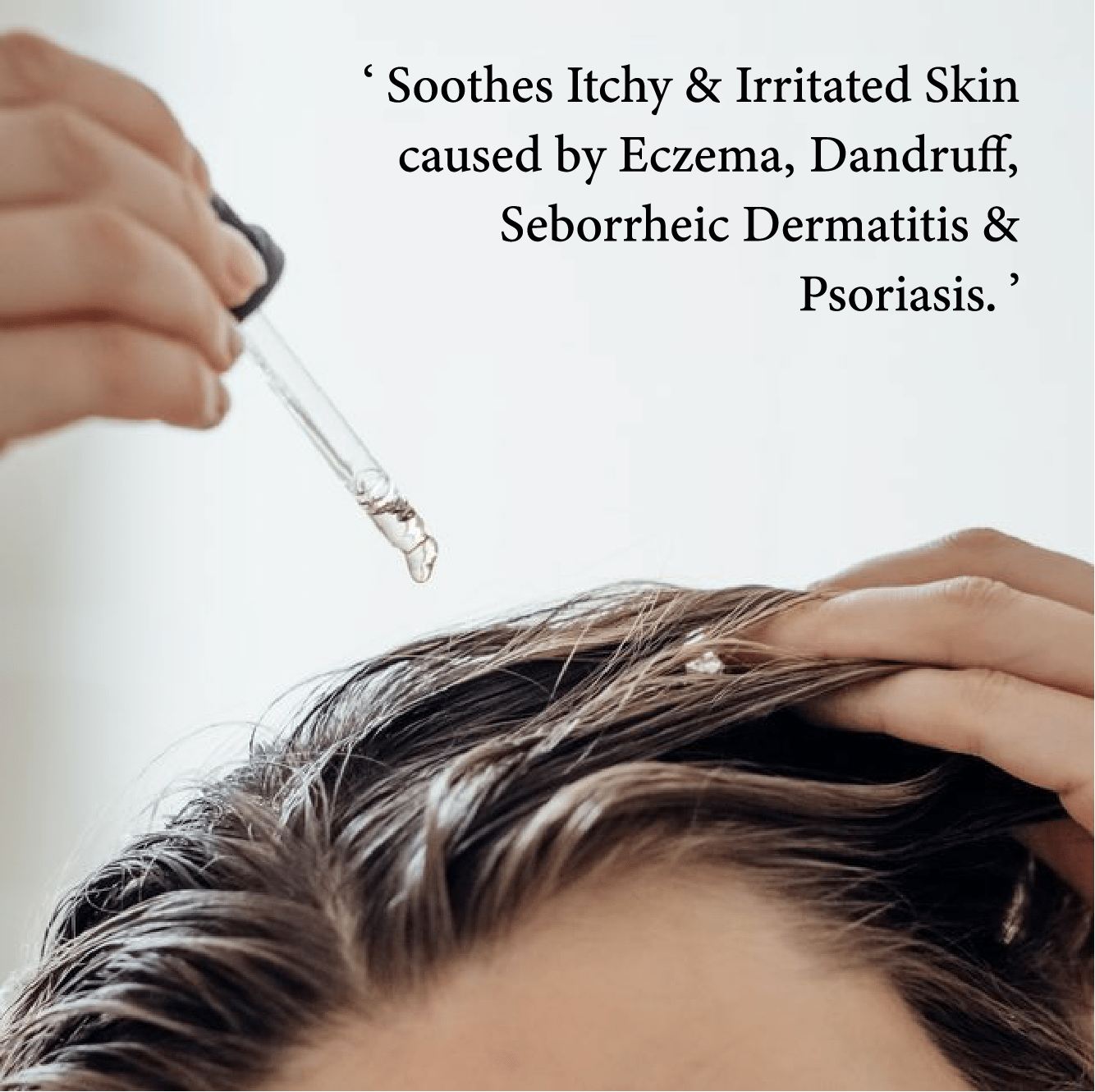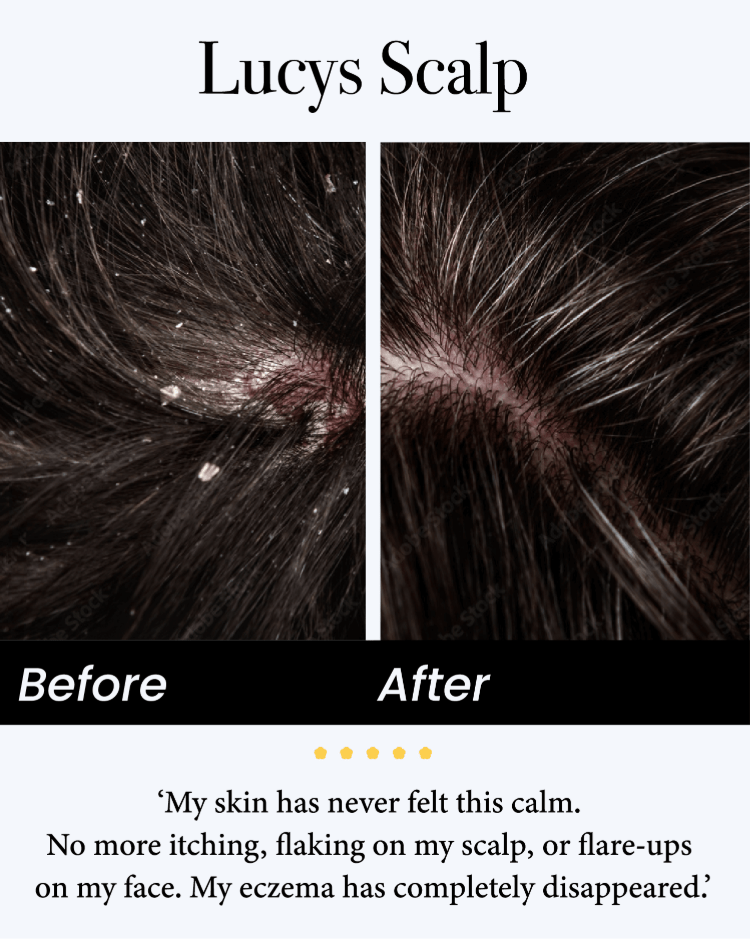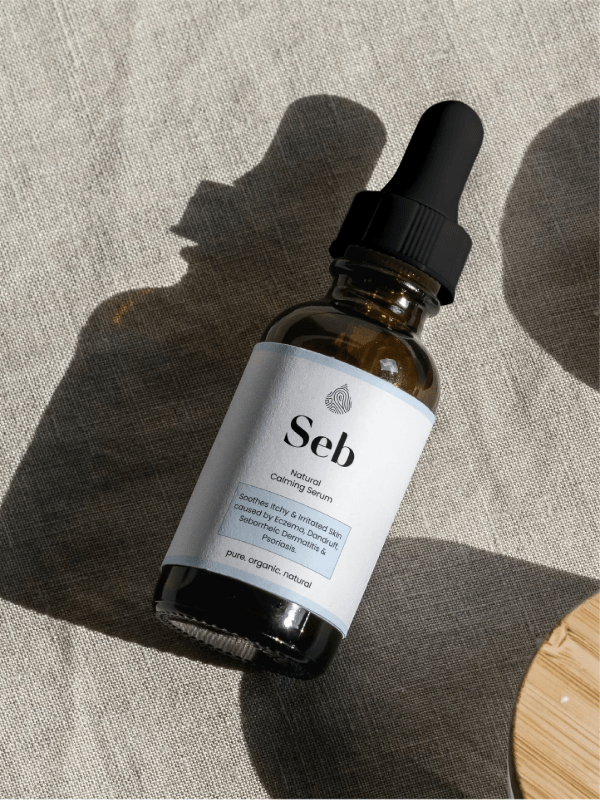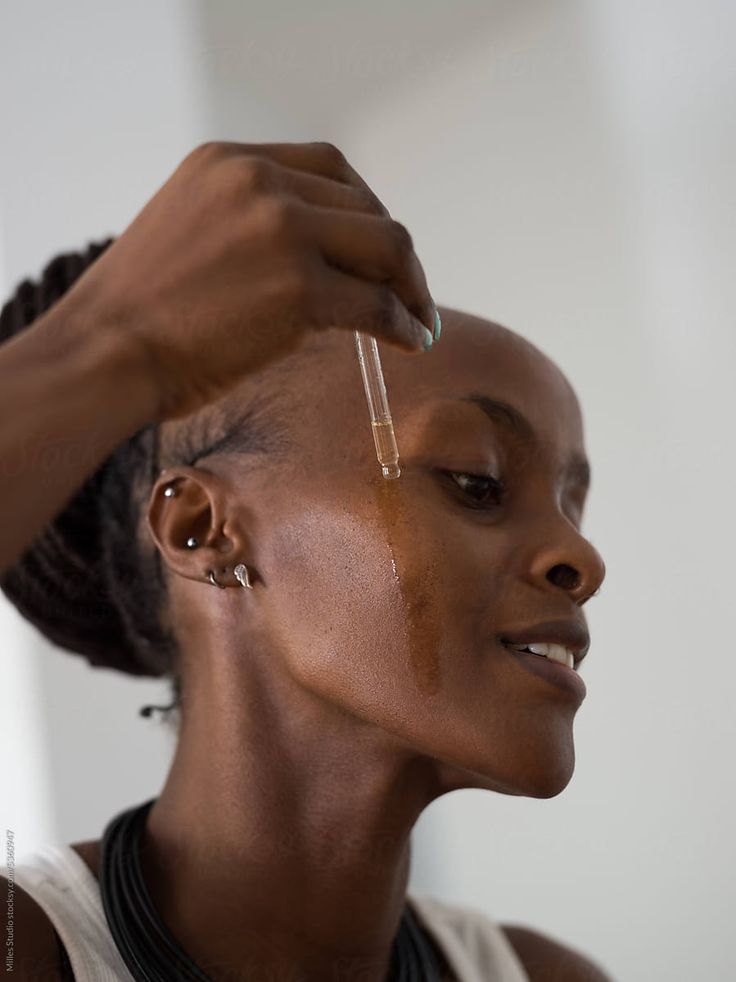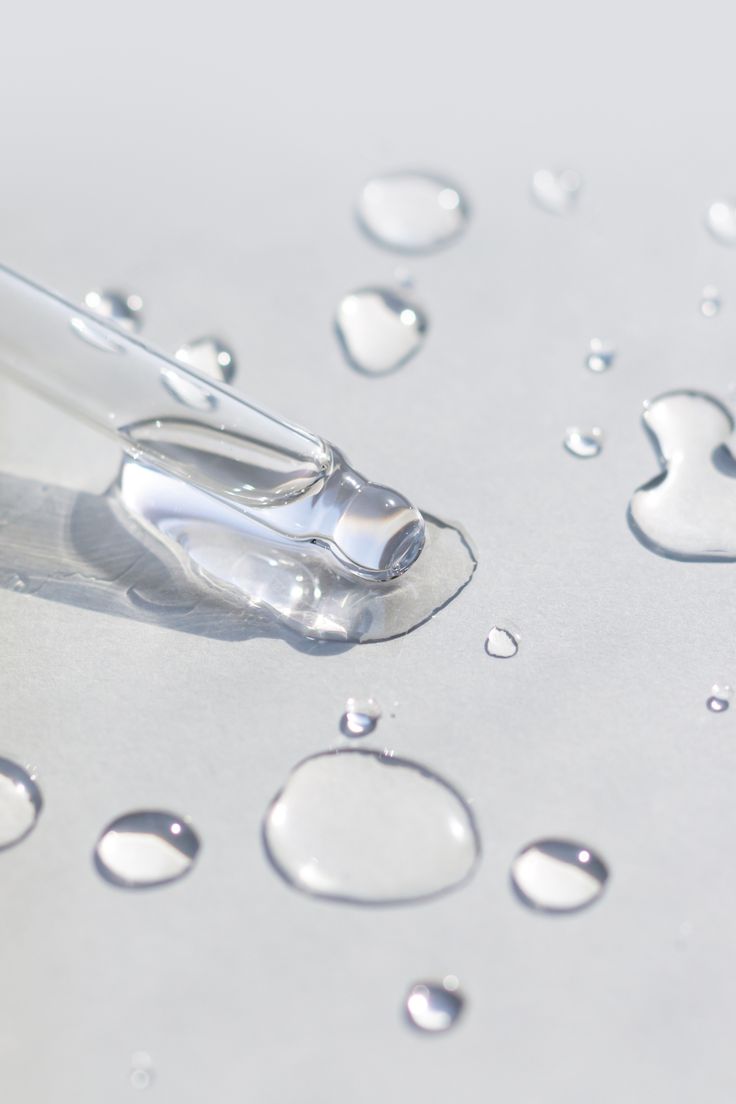
Lifestyle & Seborrheic Dermatitis
Introduction: Living with seborrheic dermatitis doesn't mean sacrificing your overall well-being. In fact, a holistic and healthy lifestyle can play a significant role in managing this common skin condition. In this blog, we'll explore how you can nurture both your skin and your general health to thrive with seborrheic dermatitis.
Understanding Seborrheic Dermatitis: Seborrheic dermatitis involves inflammation of the skin, typically in areas with a high density of oil glands. Understanding the condition is the first step towards effective management. While it's a chronic condition, adopting a healthy lifestyle can alleviate symptoms and reduce flare-ups.
Balanced Nutrition: A well-balanced diet rich in essential nutrients contributes to overall skin health. Incorporate foods high in omega-3 fatty acids, antioxidants, and vitamins. These nutrients not only support skin function but also bolster the immune system, helping your body better manage seborrheic dermatitis.
Hydration Matters: Proper hydration is fundamental for skin health. Water helps maintain skin elasticity and flush out toxins, reducing the likelihood of skin irritation. Ensure you stay well-hydrated to support your skin from within.
Stress Management: Stress is a known trigger for seborrheic dermatitis flare-ups. Incorporate stress management techniques into your routine, such as meditation, deep breathing exercises, or yoga. These practices not only benefit your mental well-being but also contribute to healthier skin.
Gentle Skincare Routine: Choose skincare products that are gentle and tailored for sensitive skin. Avoid harsh chemicals and fragrances that may exacerbate symptoms. Regular but mild cleansing, moisturizing, and sun protection are essential components of a gentle skincare routine.
Regular Exercise: Physical activity promotes circulation, which is beneficial for overall skin health. Engage in regular exercise to enhance blood flow and reduce stress. Remember to choose activities that you enjoy to make fitness a sustainable part of your lifestyle.
Sleep Hygiene: Adequate sleep is crucial for skin repair and overall health. Establish a consistent sleep routine, aiming for 7-9 hours of quality sleep each night. Quality sleep contributes to reduced stress levels and a stronger immune system.
Professional Guidance: Consult with a dermatologist for personalized advice and treatment options. A healthcare professional can provide insights into managing seborrheic dermatitis based on your specific needs and skin type.
Conclusion: Living a healthy lifestyle goes hand in hand with managing seborrheic dermatitis. By nurturing your body with balanced nutrition, hydration, stress management, and a gentle skincare routine, you can foster a holistic approach to wellness. Remember, embracing a healthy lifestyle is not just beneficial for your skin; it's a gift to your overall well-being. Take the time to care for yourself, and your skin will thank you in return.


